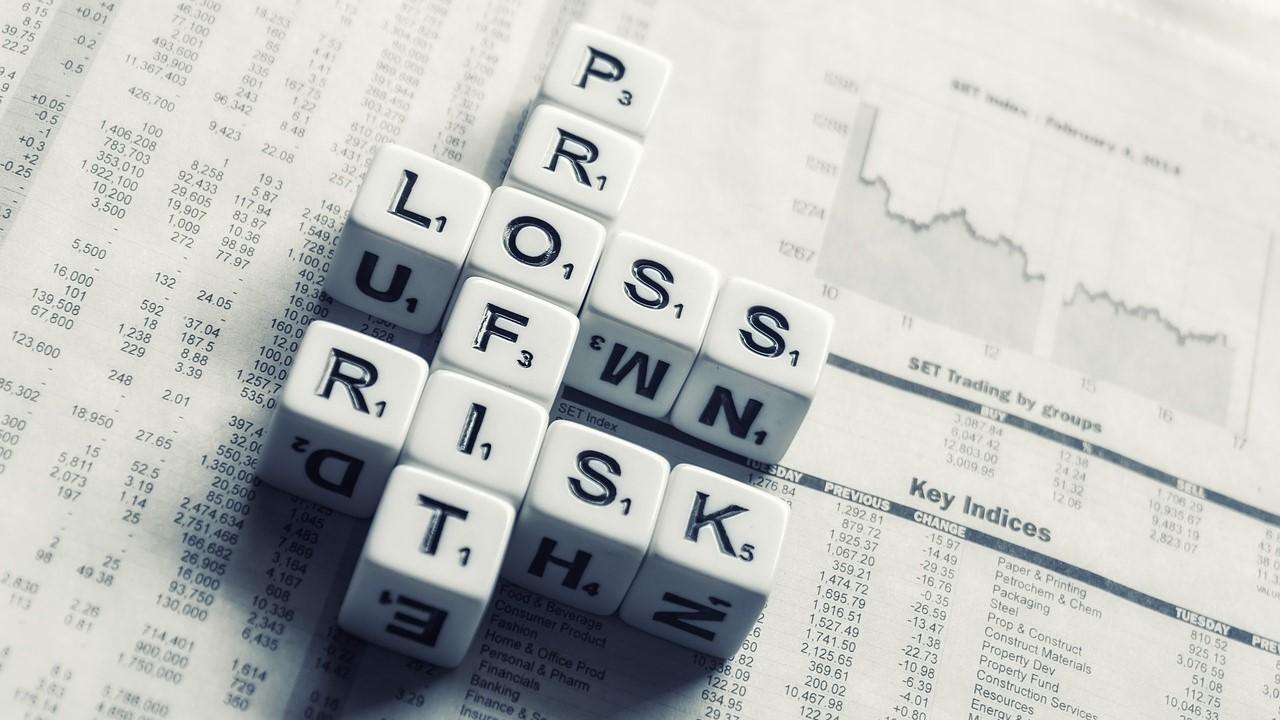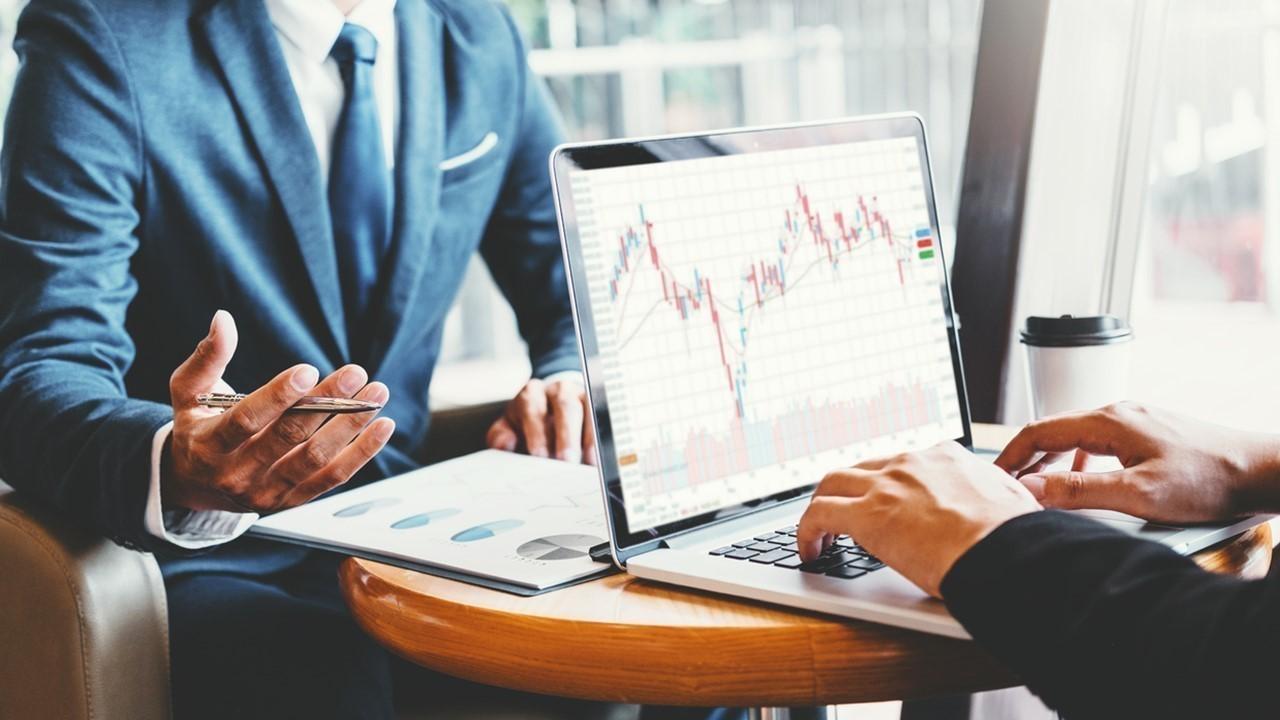What Are the Biggest Stock Buybacks?
A share buyback happens when a company buys back its own shares from existing investors. Which are the biggest stock buybacks?
April 9 2021, Published 2:39 p.m. ET

Profitable listed companies have various options for returning excess cash to their investors. Dividend payments will likely be the most popular method, but a company might still prefer to repurchase its own shares.
Buying back shares refers to a corporate action where companies decide to buy their own shares from existing investors. A stock buyback can be done either through the tender offer route or through the open market. Which are the biggest stock buybacks?

Why companies buy back their own stock
Companies might choose to buy back their own stocks when there's excess cash but the limited potential to reinvest for growth. They might prefer to make the best use of cash available by stock buybacks instead of piling on cash reserves. Also, if a firm’s management thinks that the company’s stock is undervalued, buybacks can be a no-brainer. For example, if a company determines that each of its shares has a fair value of $50 but is actually trading for $30, it will create $20 of instant value for investors with each share it opts to buy back.
When a company decides to buy back its shares, it's more tax-effective for both companies and their investors. If you own shares in a traditional brokerage account, you’ll have to pay tax on the dividends you get each year. Dividends are subject to ordinary income tax, while buybacks are taxed at the capital gains tax rate.
Impacts of a stock buyback
The effect of a stock buyback is that there will be fewer shares after the buyback is completed. Following the completion of a buyback, the company’s profits will be distributed among fewer shares than before, which results in a higher EPS. Stock buybacks help make earnings growth look better over a period of time.
A stock buyback indirectly benefits investors because the aim is usually to increase the company’s share price. The idea is that by reducing the number of outstanding shares, the remaining shares will be worth more.
Stock buybacks decrease the amount of cash on a company’s balance sheet. Return on assets will increase because the company’s assets (cash) have been reduced. The return on equity will also increase because there are fewer outstanding shares.

Biggest stock buybacks
Apple isn’t only the most valuable listed company, but it has also been the leader of share repurchases over the last few years. In fiscal 2020 (ended in September), Apple repurchased $72 billion worth of shares, which represents a growth of 8 percent YoY. The company has repurchased nearly $245 billion worth of shares in the last four years.
In fiscal 2020, Microsoft bought back $20 billion worth of shares compared to $16.8 billion a year ago. Over the past decade, the company has bought back a total of $110 billion in stock.
Alphabet has also been making record stock buybacks. In 2020, Alphabet repurchased $31 billion worth of shares, which represents a growth of 69 percent YoY. The company has repurchased nearly $63 billion worth of shares in the last four years.
